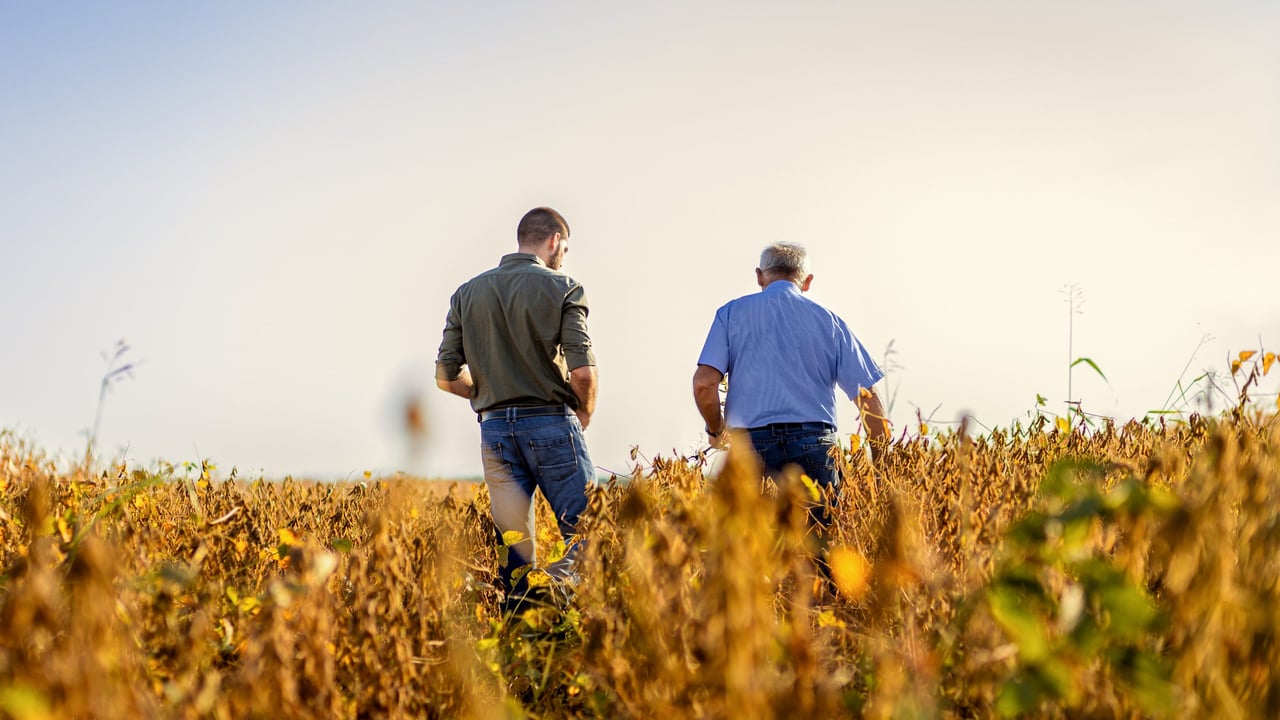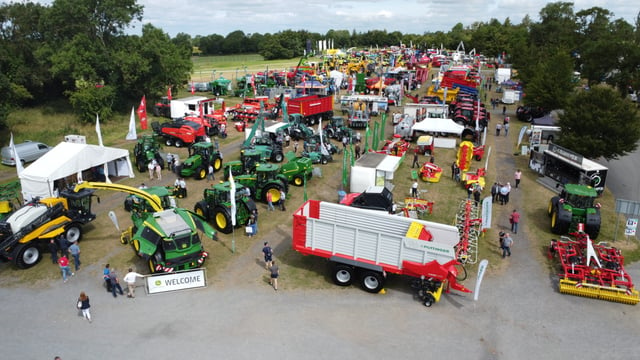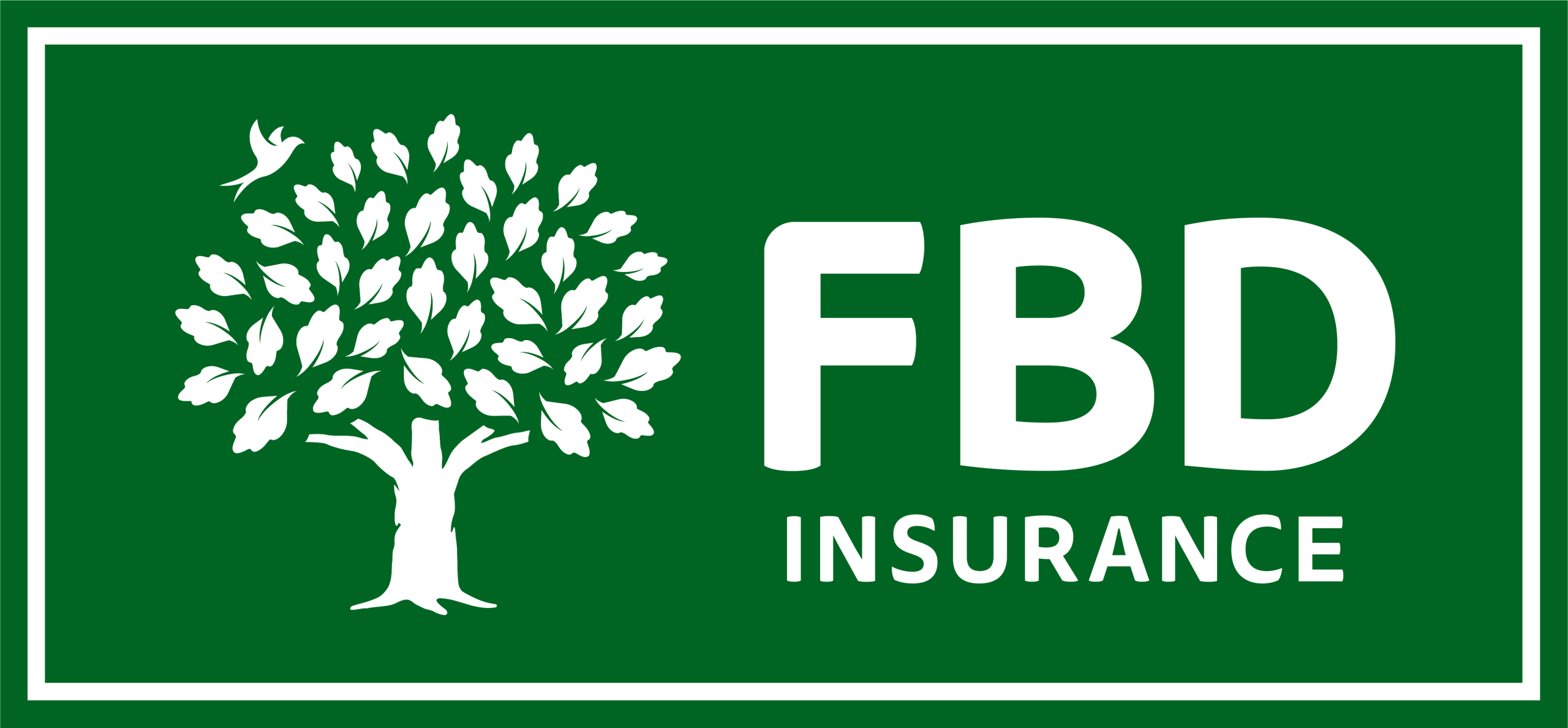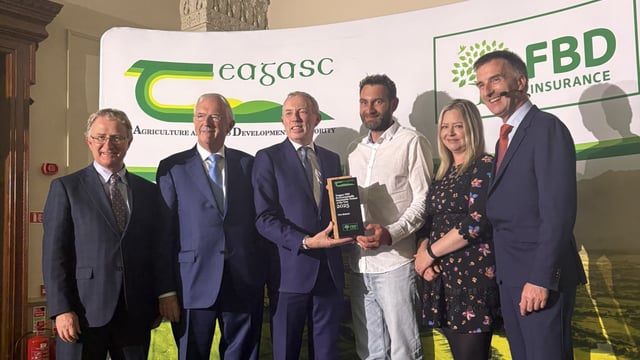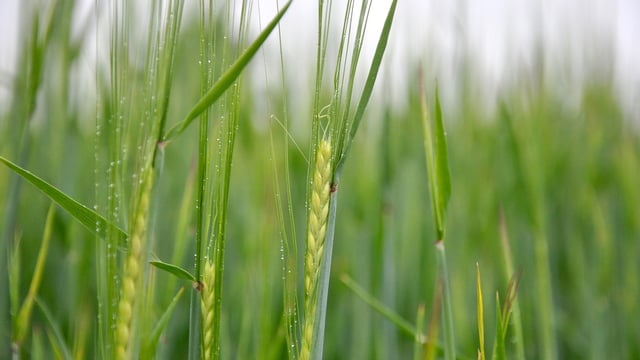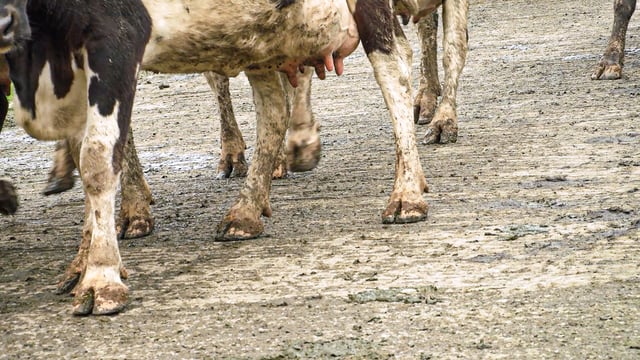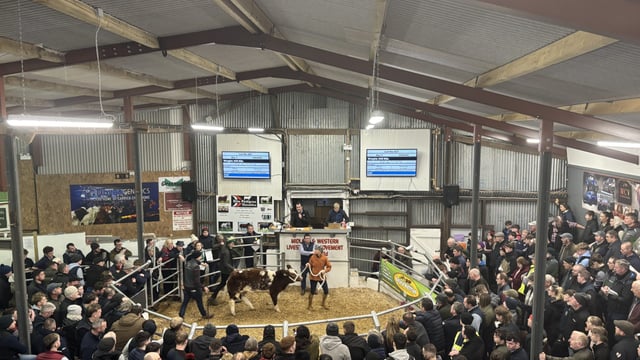Succession Planning Advice Grant tranche 3 deadline approaches
A key deadline for the Succession Planning Advice Grant is fast approaching.
While applications can be submitted all year round, payments are made in tranches.
This year’s application opened on January 1, 2025 and will close in the coming days on November 30.
This is tranche 3 of the scheme and payments for this tranche will issue early in 2026, according to the Department of Agriculture, Food and the Marine.
Payments issue for each tranche in quarter one of the following year until the end of the current CAP Strategic Plan 2023-2027.
Only fully completed applications with the following documents will be processed:
- Completed checklist;
- Completed application form;
- Proof of age;
- Proof of address;
- Copies of all invoices claimed;
- Proof of payment for all invoices.
The grant is a scheme specifically aimed at "encouraging best practice in intergenerational land transfer in order to address, among other things, significant generational imbalances in farming".
The grant is to encourage and support farmers aged 60 years and above to seek succession planning advice by contributing up to 50% of vouched legal, accounting and advisory costs, subject to a maximum payment of €1,500.
You may qualify for this grant if you are:
- A farmer aged 60 years and above who is currently not in a succession partnership;
- Farming at least a minimum of three hectares of land at the time of the application;
- Farming for a minimum of two years prior to application.
There were just over 300 applications received for tranche 1 and 2 of the Succession Planning Advice Grant, with over €280,000 paid out.
Generational renewal
Farmers in recent months have called for more measures to be introduced related to succession and to allow for generational renewal.
Minister for Agriculture, Food and the Marine, Martin Heydon this year published the report of the Commission on Generational Renewal in Farming.
The report has made 31 recommendations across a wide range of areas including Common Agricultural Policy (CAP) supports; pensions; taxation; access to finance; access to land; collaborative arrangements; advisory services; education and training; gender balance; and the overall attractiveness of the sector.

